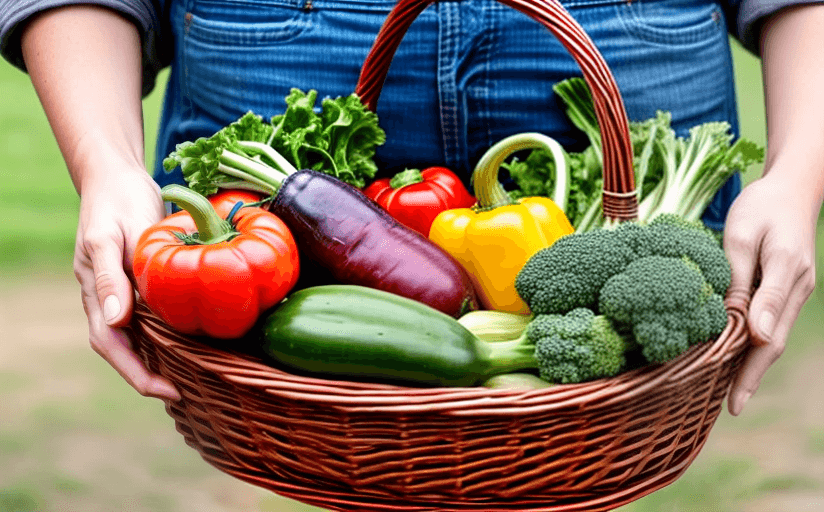Exploring the Benefits of Growing Your Own Food
Growing your own food offers a range of benefits in terms of better nutrition, savings on grocery bills, and the satisfaction of sourcing your own food. With the right knowledge and tools, anyone can have a successful home garden and experience the joys of growing your own food.
Nutritional Benefits
Growing your own food provides a number of nutritional benefits. Homegrown produce tends to be fresher and more nutritious than store-bought, since it has not been subjected to long-term storage or transportation. Homegrown fruits and vegetables also tend to be higher in vitamins and minerals than store-bought produce, providing more nutrients per bite. Additionally, homegrown produce is free from any artificial additives or preservatives.
Savings on Grocery Bills
Growing your own food can also provide significant savings on grocery bills. With a successful home garden, you can save money on the cost of produce, as well as on the cost of packaged and processed foods. Additionally, if you grow enough produce, you can preserve and store it for later use, further cutting down on your grocery bills.
Satisfaction of Sourcing Your Own Food
Finally, growing your own food can provide a sense of satisfaction and pride in knowing that you are able to source your own food. There is something special about being able to pick the fruits and vegetables from your garden and enjoy the fresh flavors of your own homegrown produce.
Potential Challenges and How to Overcome Them
Growing your own food can come with a few challenges, such as lack of space, climate, and the time and effort required. However, these challenges can be overcome with the right knowledge and tools. For those with limited space, container gardening can be a great option, as it offers the ability to grow food in small spaces. Additionally, choosing plants that are suited to your climate and soil conditions can help ensure the success of your garden. Finally, the time and effort required for gardening can be minimized by utilizing mulching and companion planting techniques.
Examples of Easy to Grow Foods
There are many types of food that are easy to grow for beginners. Some examples include tomatoes, lettuce, peppers, carrots, radishes, and herbs. These plants are all relatively easy to grow and require minimal effort, making them ideal for first-time gardeners.
Steps Necessary for Successful Home Gardening
To have a successful home garden, there are a few steps that need to be followed. First, you need to prepare the soil by adding compost and other organic matter to ensure good drainage and nutrition for your plants. Next, you’ll need to choose the right plants for your climate and soil conditions. Finally, you will need to water and fertilize your plants regularly in order to keep them healthy and productive.
Growing your own food provides a number of benefits, including better nutrition, savings on grocery bills, and the satisfaction of sourcing your own food. With the right knowledge and tools, anyone can have a successful home garden and experience the joys of growing your own food.

















Comments
Leave a Comment